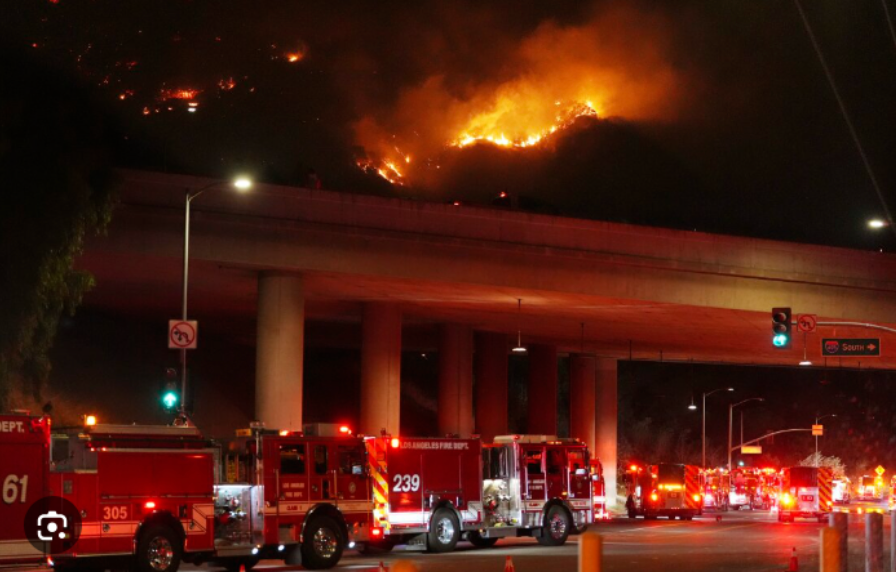Lives are lost due to illegal mining. What about the officials who allowed this to happen?
- Utsav Madat
- Jan 20, 2025
- 1 min read

A six-year-old question from the Supreme Court about rat-hole mining in India still hasn’t been answered. Rat-hole mining is a dangerous and illegal method of coal mining, especially common in Meghalaya. In this method, small tunnels are dug into the ground, and workers, often including children, crawl into them to extract coal. This practice is extremely risky, leading to accidents and even deaths due to collapsing tunnels or flooding.
The Supreme Court raised concerns about this illegal mining years ago, asking for explanations and solutions from the authorities. However, even after six years, no clear response or action has been provided. This lack of action raises serious questions about the government’s commitment to stopping this dangerous activity.
The delay also highlights deeper issues such as corruption, lack of enforcement of laws, and the exploitation of poor workers who risk their lives for a living. Despite being banned, rat-hole mining continues, often because it is a source of livelihood for many poor families in the region.
This ongoing problem not only poses a threat to human life but also causes significant environmental damage. The unchecked mining pollutes water bodies, destroys the land, and harms the ecosystem.
The Supreme Court's unanswered query reflects the challenges in tackling illegal mining in India, showing the need for stronger enforcement, better regulations, and alternative employment opportunities for those dependent on this dangerous industry.




Comments